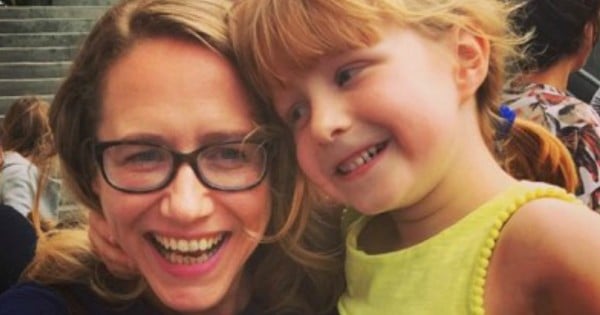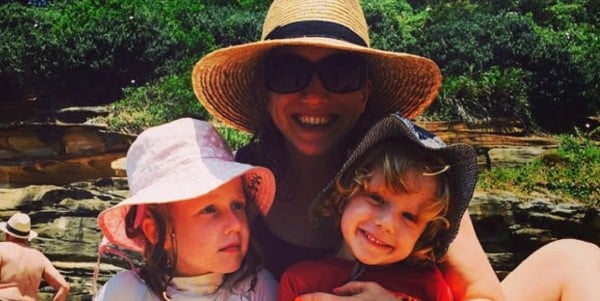
From a distance, it’s hard to conjure up exactly how overwhelming the first weeks of parenthood are.
Six years on, when I’m trying to separate my gangly first-grader from her Beanie Boo collection, it’s almost impossible to remember that I was once a woman sitting up in bed, topless, blood running from my breasts, sobbing.
It’s hard to fathom that as I tried to weather the pain of another failed “latch on” technique, as I wrestled with crescent-shaped pillows and cushions and ‘football holds’, as my tiny, tiny baby’s perfect rosebud pout failed to clamp around my nipple in any meaningful way, I questioned whether I was fit to be a mother.
But what I do remember, is picking up the phone and calling someone.




Top Comments
Can anyone answer why all the
"useful, much needed support services being cut"?
This was me, crying, bleeding and in agony. The National Breastfeeding Line is a crucial support for women who are feeling at the end of their tether over something that is meant to come 'naturally'. Having someone to talk to who is a professional and isn't going to judge or be concerned about your state of distress is absolutely necessary. The cut off of funding is atrocious!